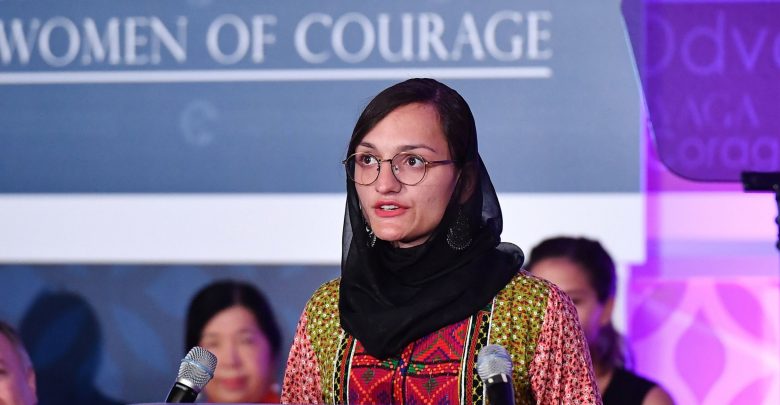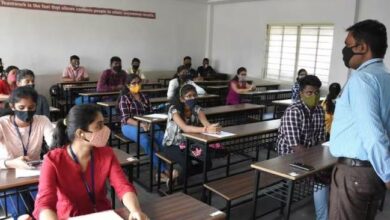The Taliban will come and kill me and others like me, says Zarifa Ghafari, Afghanistan’s first female mayor

NewDelhi: “I’m sitting here waiting for them to come,” says there is no one who can assist me or my family. I’m just sitting with them and my husband right now. And they will come for people like me and kill me,” Zarifa Ghafari, Afghanistan’s first and youngest female mayor, said on Sunday, after the militant group seized complete control of the country (August 17). As senior members of the Ashraf Ghani-led government fled, Zarifa Ghafari, 27, wondered, “Where would I go?”
Zarifa Ghafari made history in 2018 when she was elected as Afghanistan’s first female mayor. As the Taliban insurgents swept across Afghanistan in a matter of days, seizing territory they did not already control, Ghafari now sits at home, waiting for the Taliban to come and kill her and others like her.
She had previously received death threats from the Taliban. According to reports, her father, General Abdul Wasi Ghafari, was assassinated by militants on November 15, 2020, just 20 days after the third attempt to assassinate her failed.
The Trump administration honoured her with the International Women of Courage Award in March 2020, during which she warned that Afghan women are “always worried about the future” because they “have not forgotten the Taliban’s reign.”
She, like other women who have escaped, is now concerned about the Taliban’s takeover of Afghanistan.
In recent days, the Taliban, who are largely from Afghanistan’s conservative countryside, have signalled moderation by offering amnesty to those who fought them, inviting women to return to work, and promising to restore normal life after decades of war. However, many Afghans, particularly women, are sceptical of the group’s intentions. Whether or not the Taliban have truly changed, the country they now rule is light years ahead of the one they took over in 1996 after four years of civil war following the Soviet withdrawal and the collapse of a pro-communist government in 1992.
The city was then in ruins, ravaged by warlords who would later form an alliance with the United States. The majority of Afghans rode their bicycles or rode in beat-up yellow taxis on Kabul’s rutted roads. There was only one computer in the country, and it belonged to Mullah Mohammed Omar, the Taliban’s reclusive leader, who had no idea how to use it.
Television and music were prohibited under Taliban rule. Women were barred from going to school or working outside the home, and they were required to wear the all-encompassing burqa whenever they went out in public.






